What are the benefits to juicing? Health Benefits and Tips
Juicing, the practice of extracting nutrients from fruits and vegetables in a liquid form, has skyrocketed in popularity. If you learn how to use a juicer, you can replicate the process with nearly every kind of produce (leafy greens, starchy vegetables, tropical fruits—you name it) to create delicious, fresh juice beverages that unlock a new level of nutrition. A far cry from drinking juice from the carton of OJ you might pick up at the grocery store, one of the top juicer benefits is enjoying the extracted juices of fruits and veggies without ingesting any added sugars or preservatives.
Potential Health Benefits of Juicing
Rapid Nutrient Absorption
One of the best health benefits of juicing is rapid nutrient absorption. Because juicing extracts the juice from fruits and veggies, it removes the fiber, and it's good for quicker absorption of vitamins and minerals directly into the bloodstream. This is particularly appealing for the individuals who may have digestive issues or difficulty in absorbing nutrients from the whole fruits and vegetables due to certain health conditions. So the juice is good for the faster uptake of essential nutrients.
Increased Nutrient Intake
Juicing allows you to consume a concentrated amount of fruits and veggies in a single serving, potentially increasing your overall nutrient intake. Many people struggle to meet the recommended daily servings of fruits and vegetables. Through juicing, you can pack a large quantity of leafy greens, celery, spinach, and other nutrient-rich produce into a single juice drink. This is especially helpful for those people who is looking for healthy eating habits, and want to boost their intake of essential vitamins and minerals, would bring the significant health benefits.
Supports Sensitive Digestion
For the individuals who have sensitive digestion, juicing may offer them a better way to consume the fruits and veggies. Removing the fiber from a juicer could reduce the burden on the digestive system, then make it easier to be digested the nutrients without the potential discomfort. This is particularly good for those people with conditions like irritable bowel syndrome (IBS) or other digestive health issues, allowing them to still obtain the vitamins and minerals from fruit or vegetable juice without exacerbating their symptoms.
Helps increase vegetable consumption
Many people find it challenging to eat enough vegetables on a daily basis. The benefit of juicing is that it offers a convenient way to increase your vegetable intake. Juicing may be a practical solution to incorporating more vegetables and fruits like leafy greens into your diet. The process of juicing vegetables and fruits is very rewarding and can really improve your overall health. Some people also add a serving of fruit for taste, making the juice more palatable.
Convenient and easy
Juicing is incredibly convenient and easy to incorporate into a busy lifestyle. Preparing fresh juice using a juicer takes only a few minutes, making it a quick and efficient way to obtain essential nutrients. This is particularly appealing for those who struggle with time constraints or find it difficult to prepare and consume whole fruits and vegetables on a regular basis. The process of creating vegetable juice is very rewarding and can lead to many health benefits.
What are the best and worst juices for your health?
Best Choice
What are the best choices for your health? The vegetable juice is generally a wise decision. Unlike fruit juice, vegetable juices are lower in natural sugars, minimizing potential blood sugar spikes. Leafy greens like kale and spinach, along with celery, are also the excellent choices for juicing, as they are included with vitamins and minerals while remaining relatively low in sugar. Vegetable juice is a powerful way to increase your nutrient intake without the excessive sugar content in many fruit-based juicers. With prioritizing mostly vegetables, you can use the health benefits of juicing without the drawbacks associated with high sugar intake.
Pomegranate juice is another good choice when considering the benefits of juicing. It's rich in antioxidants, pomegranate juice offers a lot of potential health benefits. While it does contain natural sugars, the antioxidant content can help combat oxidative stress and support overall health. However, it's essential to consume pomegranate juice in moderation due to its sugar. Pomegranate juice can be a flavorful and nutrient-rich addition to a healthy diet.
Acai berry juice, known for its high antioxidant content, is another great option if consumed in moderation. Like pomegranate juice, acai berry juice offers potential health benefits due to its antioxidant properties. Be mindful of the sugar content and opt for unsweetened varieties whenever possible to minimize the impact on blood sugar levels. Acai berry juice can be a beneficial addition to your juicing routine, contributing to your overall antioxidant intake. In comparison to some fruit juice, it has less sugar.
Worst Choice
Juice "cocktails" often contain a blend of various fruit juice concentrates and added sugars, which can negate many of the potential health benefits of juicing. These juice cocktails tend to be high in sugar and low in fiber, leading to rapid blood sugar spikes. Therefore, it's best to avoid juice cocktails and opt for fresh juice made from whole fruits and vegetables. Checking the nutrient label, ingredients, and nutrition facts will help you make an informed decision. By prioritizing whole, unprocessed ingredients, you can maximize the benefits of juicing while minimizing the risks associated with added sugars and artificial ingredients.
Juice-flavored beverages, often marketed as healthy options, can be misleading due to their high sugar content and lack of essential nutrients. These beverages typically contain artificial flavors, colors, and sweeteners, offering little to no nutritional value. When compared to fresh juice made from whole fruits and vegetables, juice-flavored beverages pale in comparison. These can potentially lead to blood sugar spikes and other health effects. It's crucial to carefully read labels and choose fresh, whole foods over processed juice-flavored alternatives to reap the true health benefits of juicing.
Tips for Healthier Juicing - Juice Combinations
Pre- or Post-Workout Juices
For a pre-workout juice, consider combinations that provide sustained energy without causing a rapid blood sugar spike. Blending fruits like berries with leafy greens such as spinach and kale can offer a balance of carbohydrates, vitamins, and minerals. Add some celery for hydration. The benefit of juicing these ingredients is a boost of vitamins and minerals. This juice can lead to improved energy levels. Incorporating healthy fats from sources like avocado into your smoothie can further promote stable energy throughout your workout, improving your overall health. It's better to eat whole fruits instead of making fruit juice due to fiber content.
Hydration-Focused Juices
Hydration is essential, especially during warmer months or after exercise. Celery juice is a great choice due to its high water content and electrolytes. Combining celery with cucumber and a touch of citrus fruits like lime or lemon can create a refreshing and hydrating juice. The vitamins and minerals in these vegetables and fruits can help replenish those lost during sweating. Adding a few spinach leaves will increase nutrient intake without significantly altering the taste. Remember that the benefit of juicing this is rapid absorption.
Combining Fruits and Vegetables
While vegetable juice is often recommended to minimize sugar intake, combining fruits and vegetables can make juice more palatable and increase nutrient diversity. A blend of leafy greens like spinach or kale with a small amount of apple or pear can provide sweetness while still maintaining a lower sugar content than fruit juice alone. Adding vegetables like carrots or beets can also enhance the flavor profile and contribute additional vitamins and minerals. A small amount of fruit will add to the flavor, so that the juice is more consumable. Ensure that you get servings of vegetables, fruits, and drink juice regularly. All the benefits of juicing will be noticed after a short time.



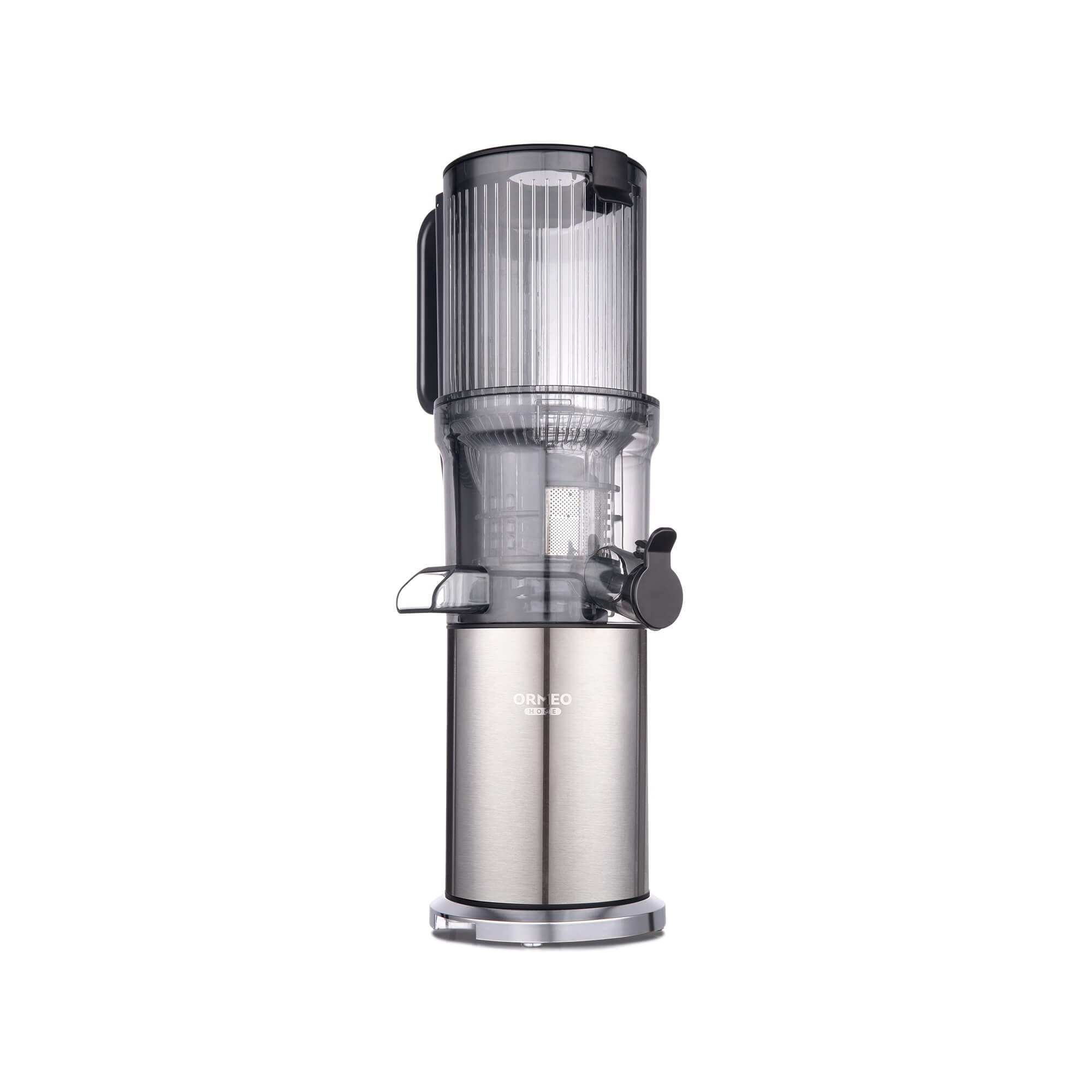

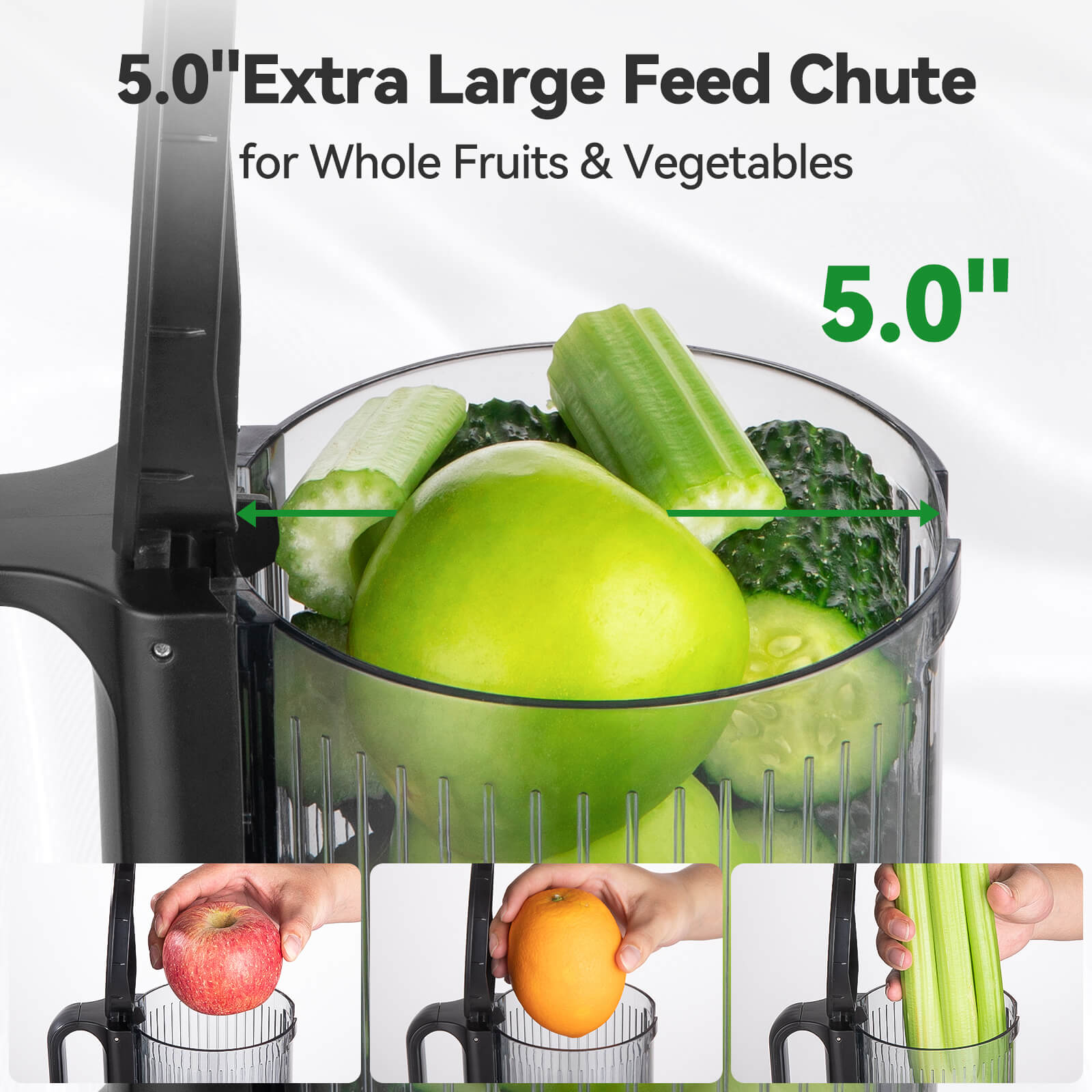
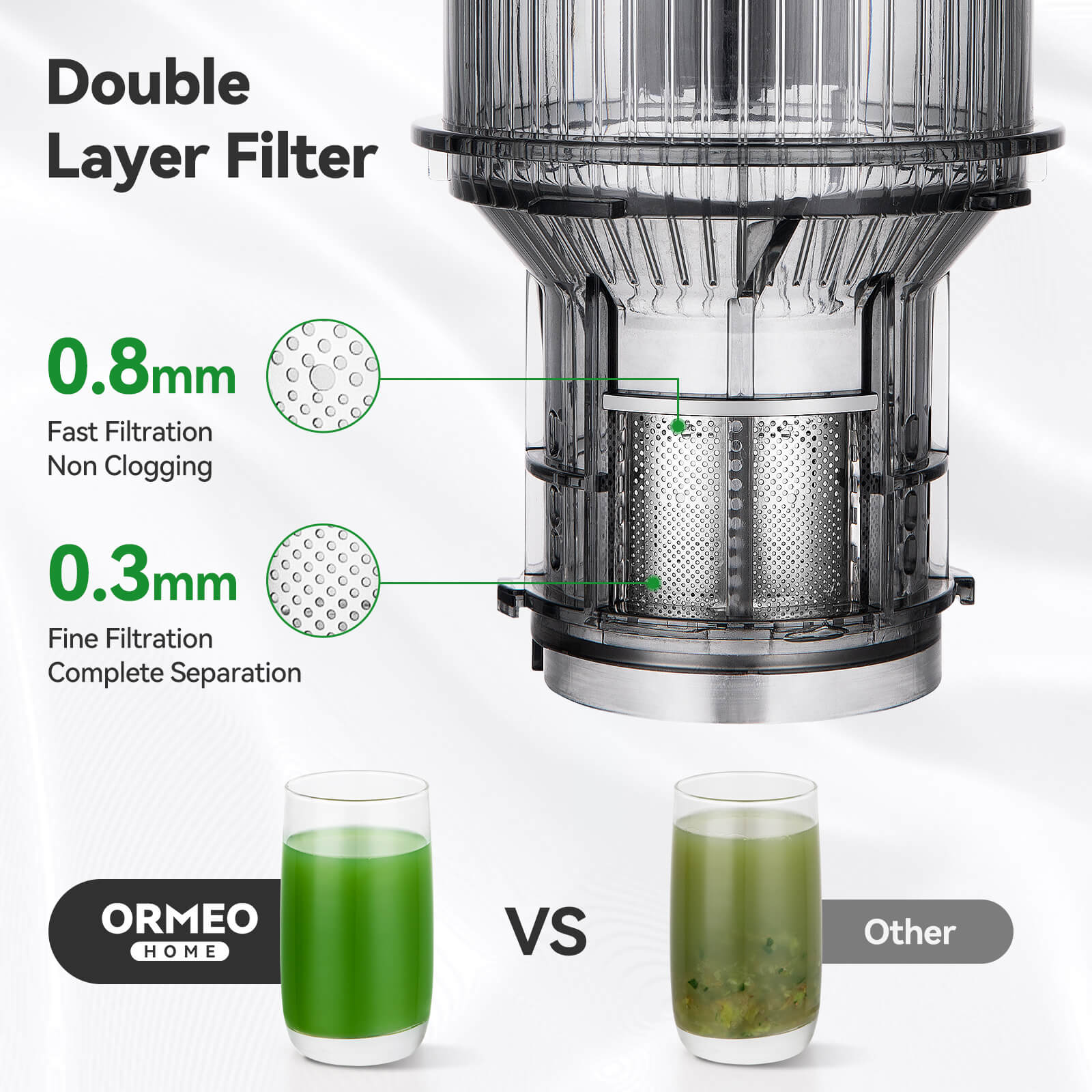
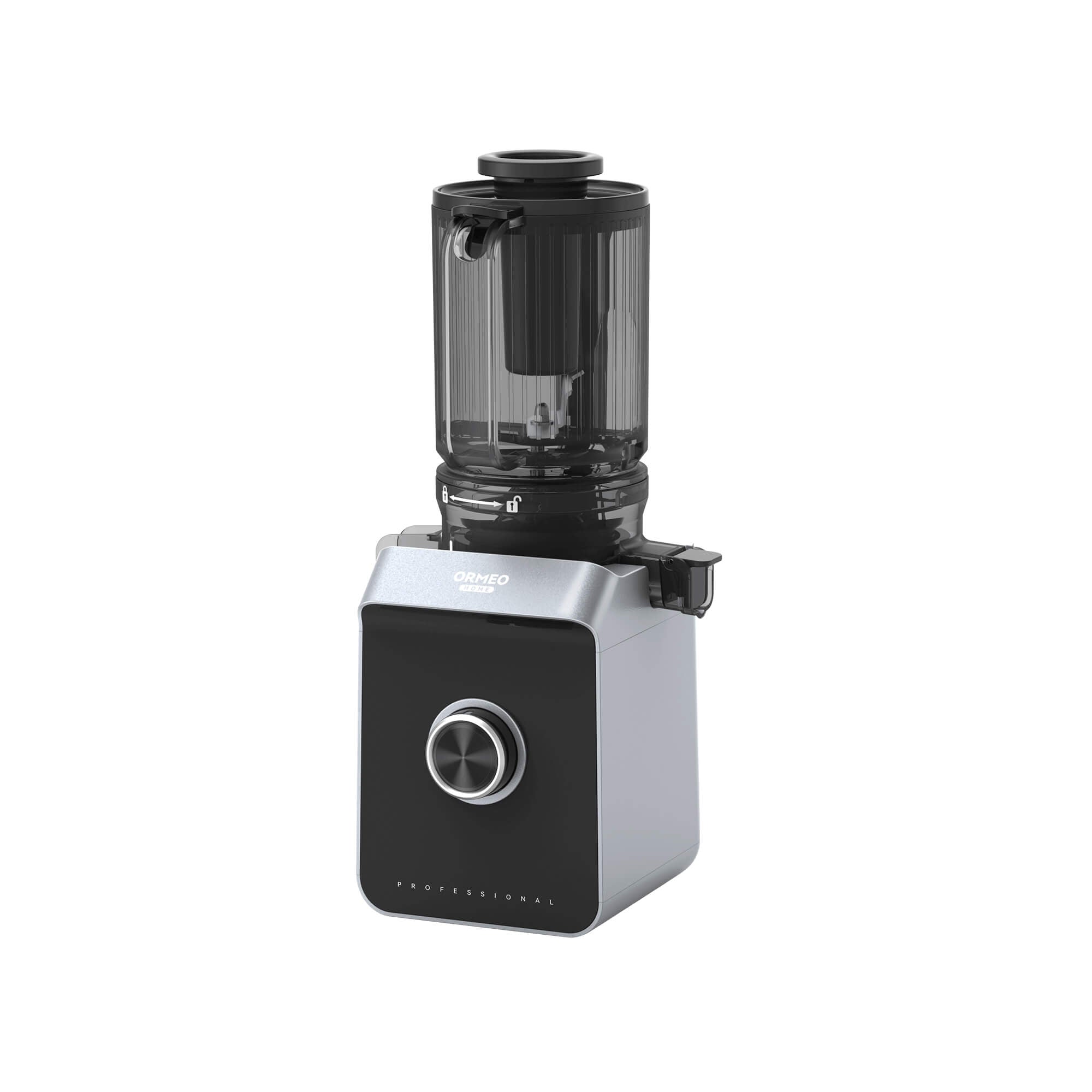


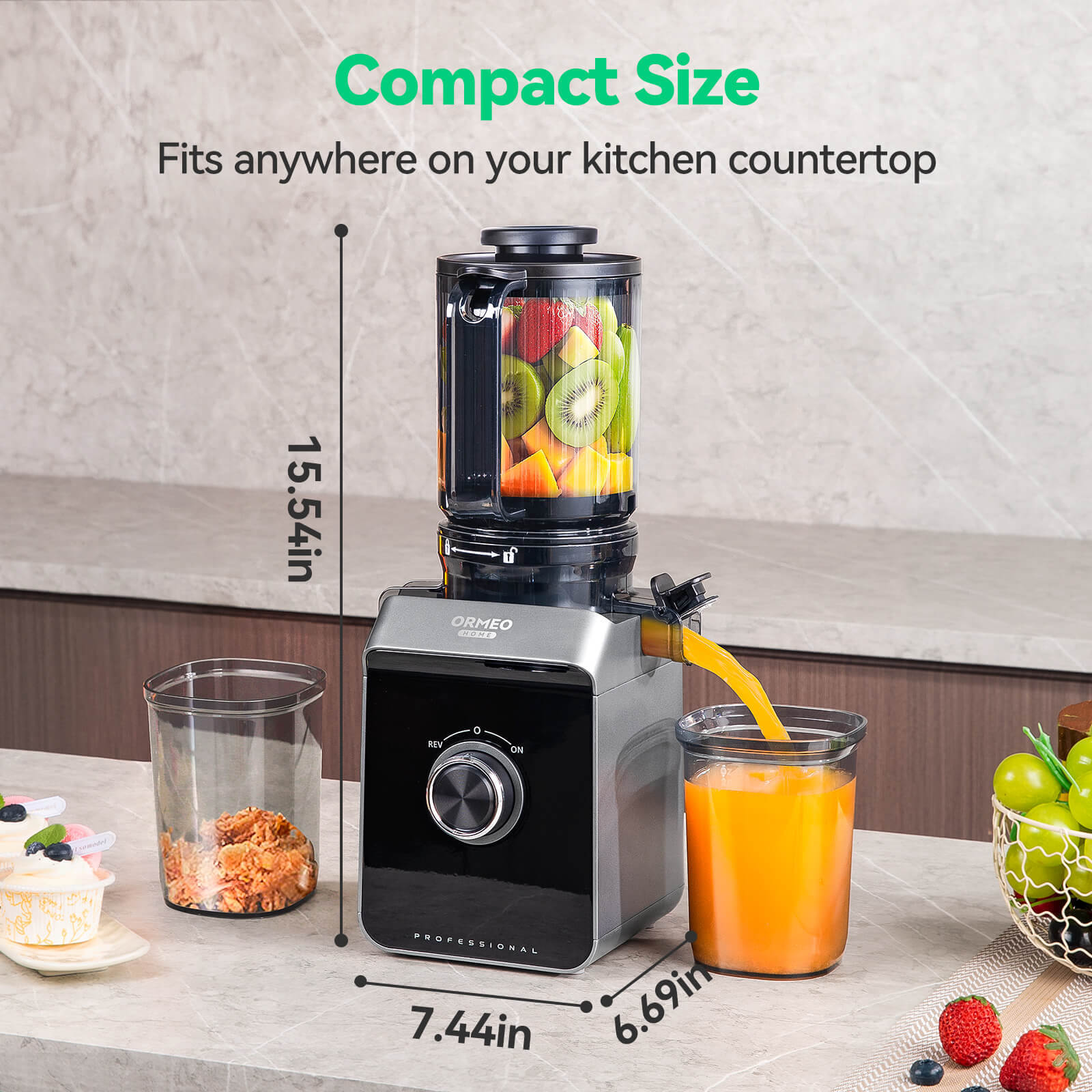
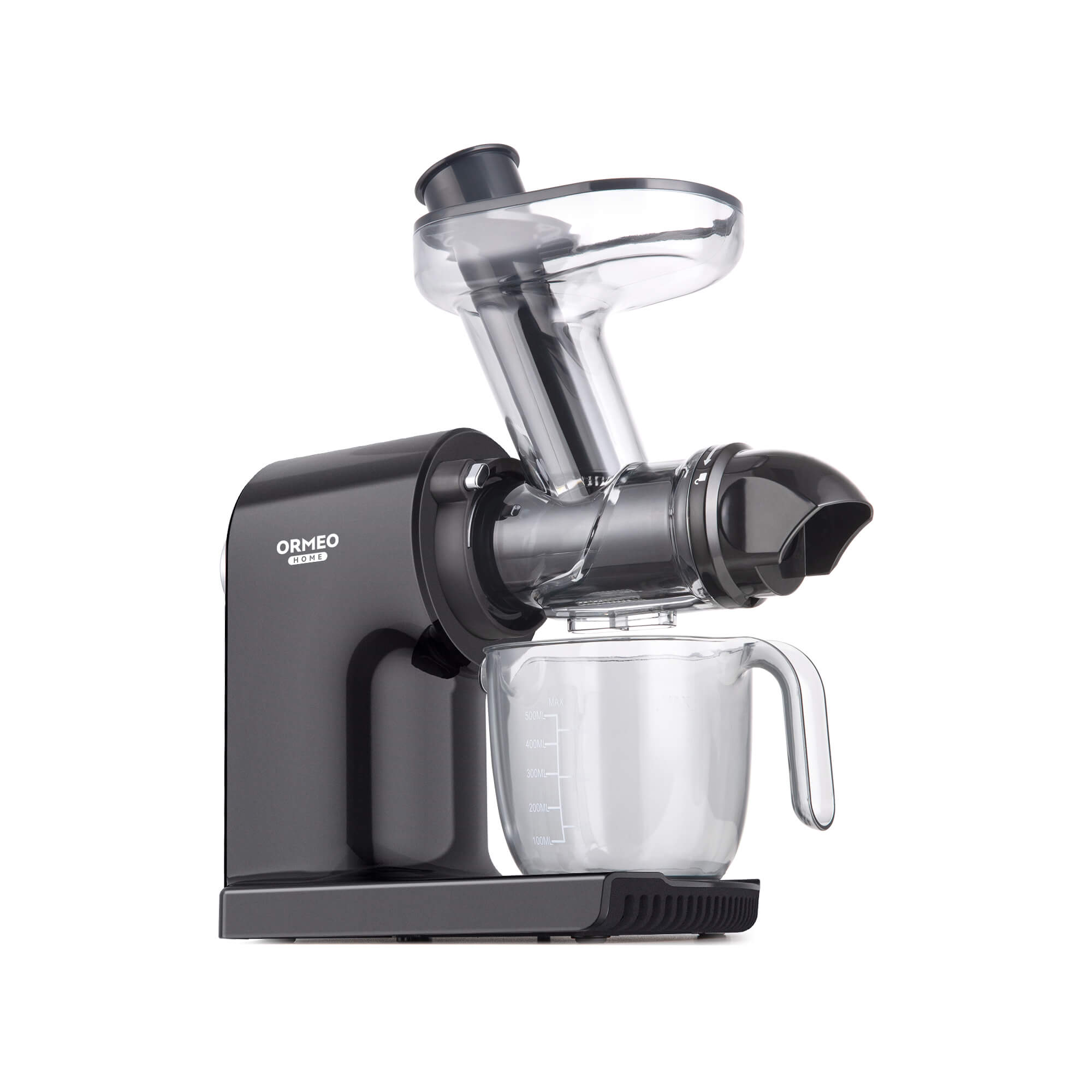
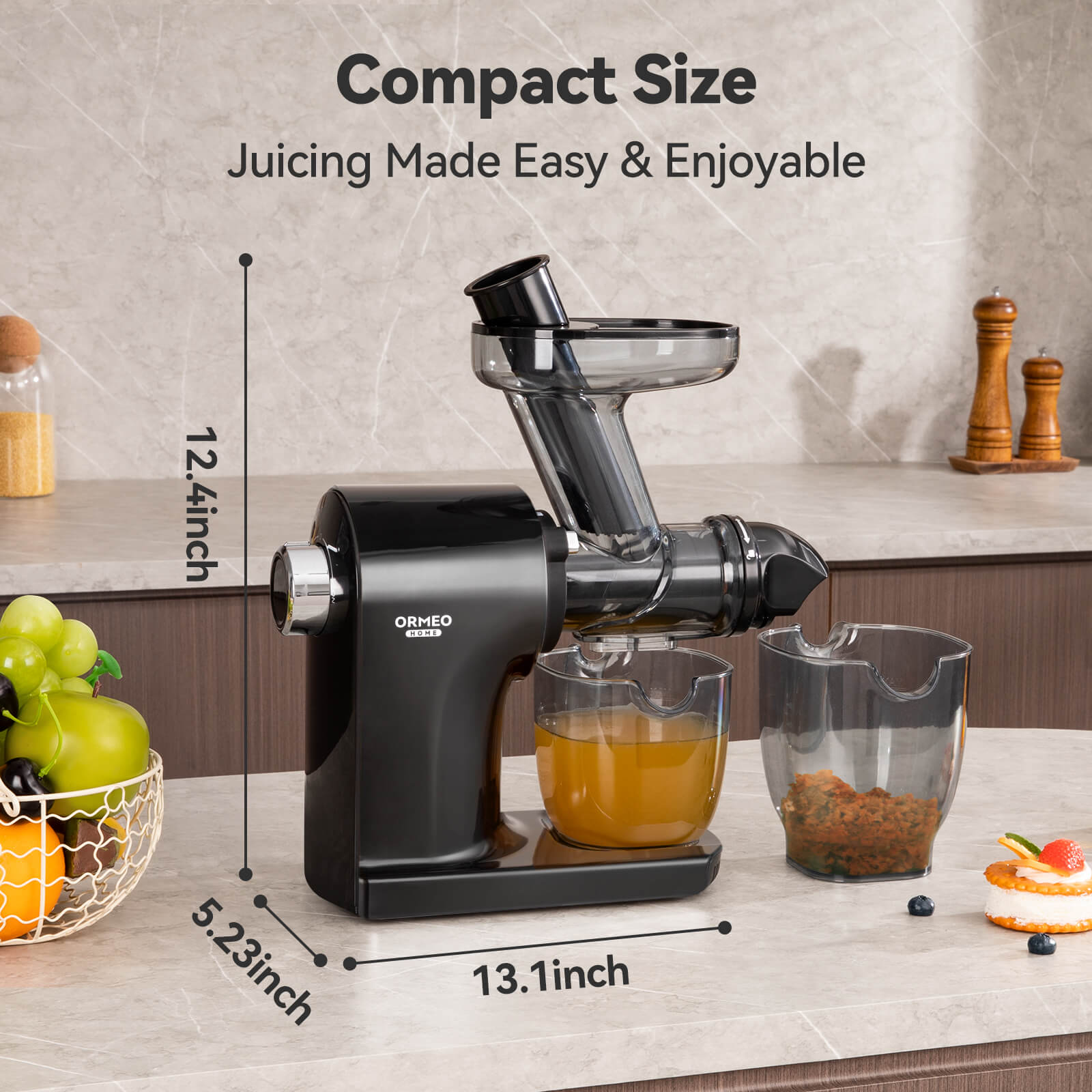
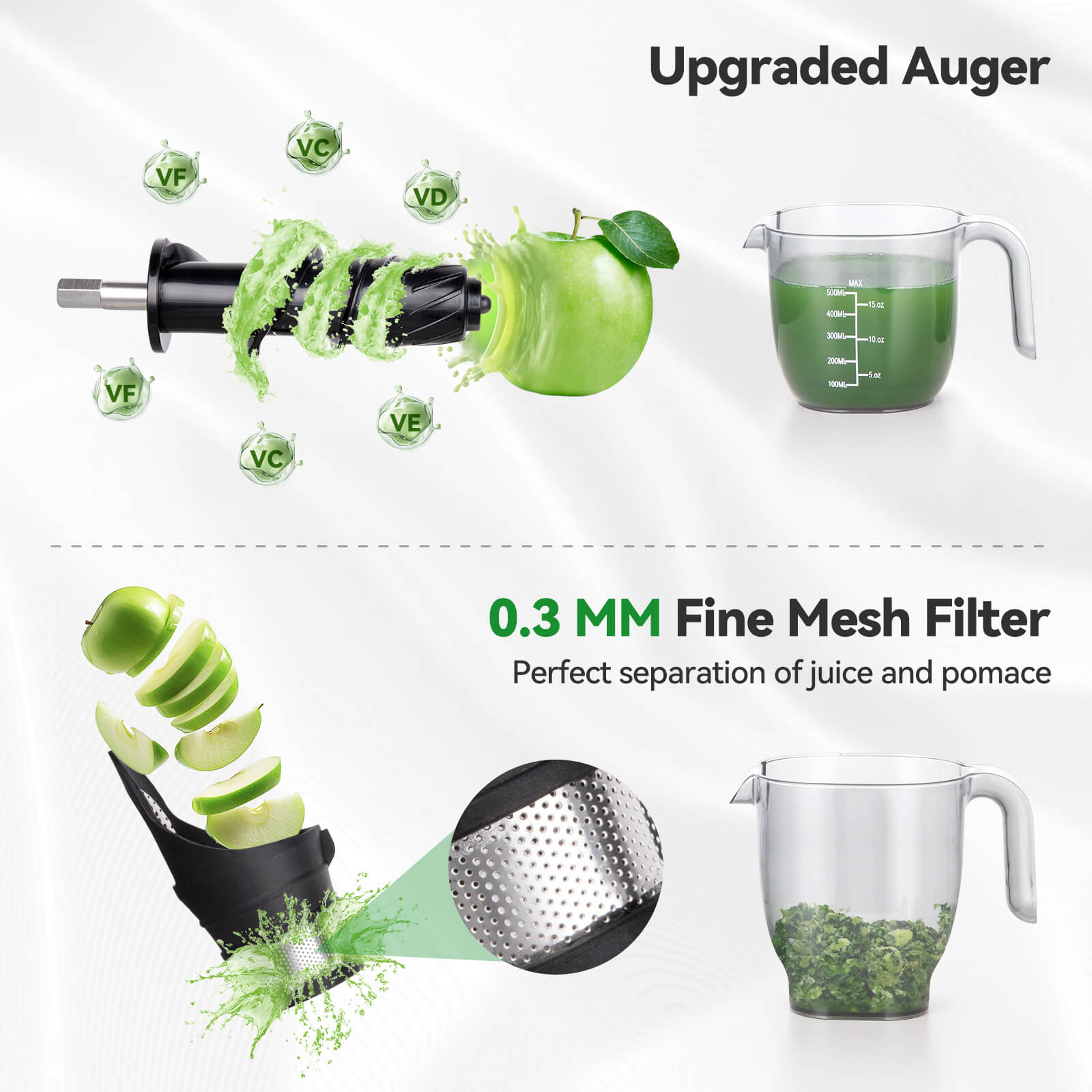


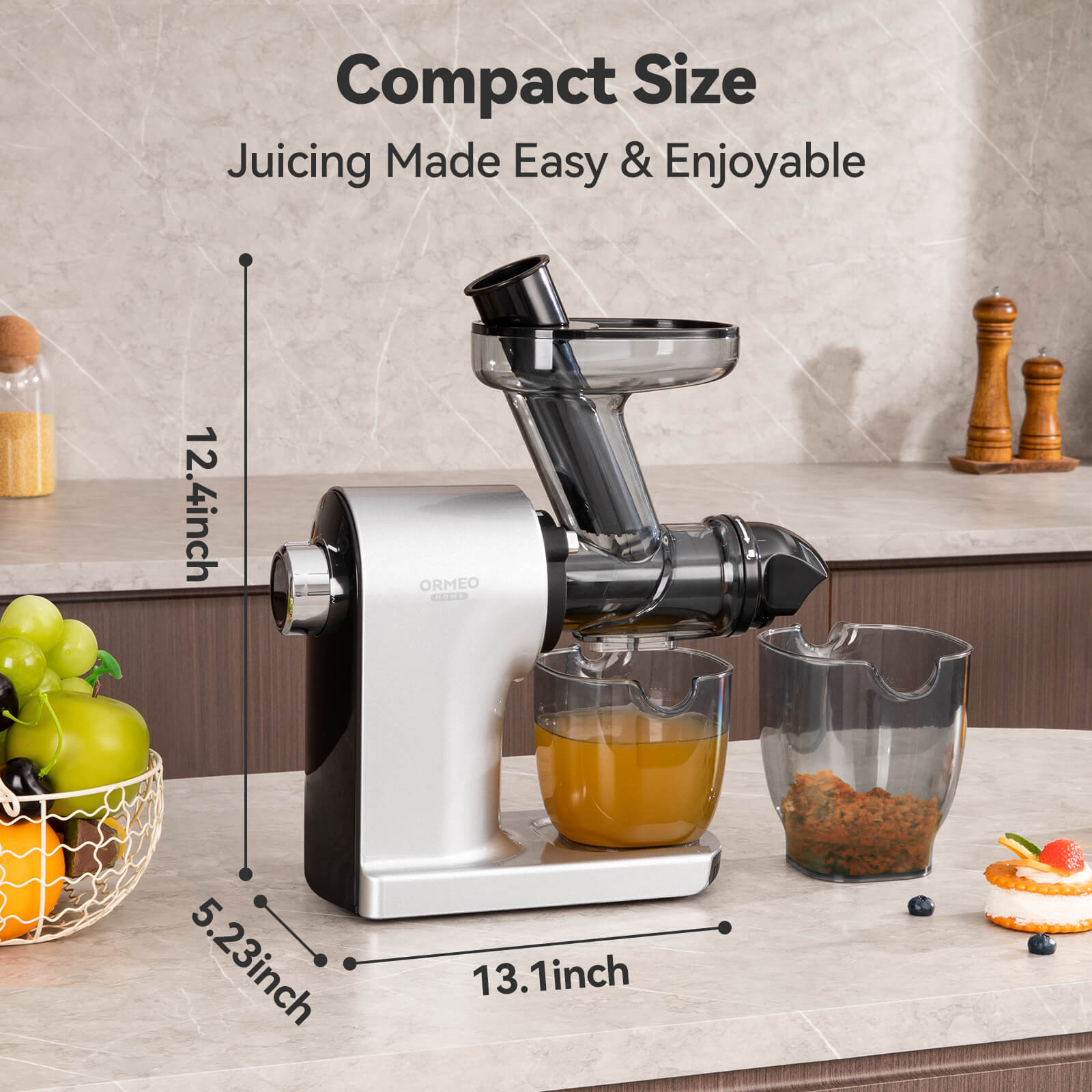
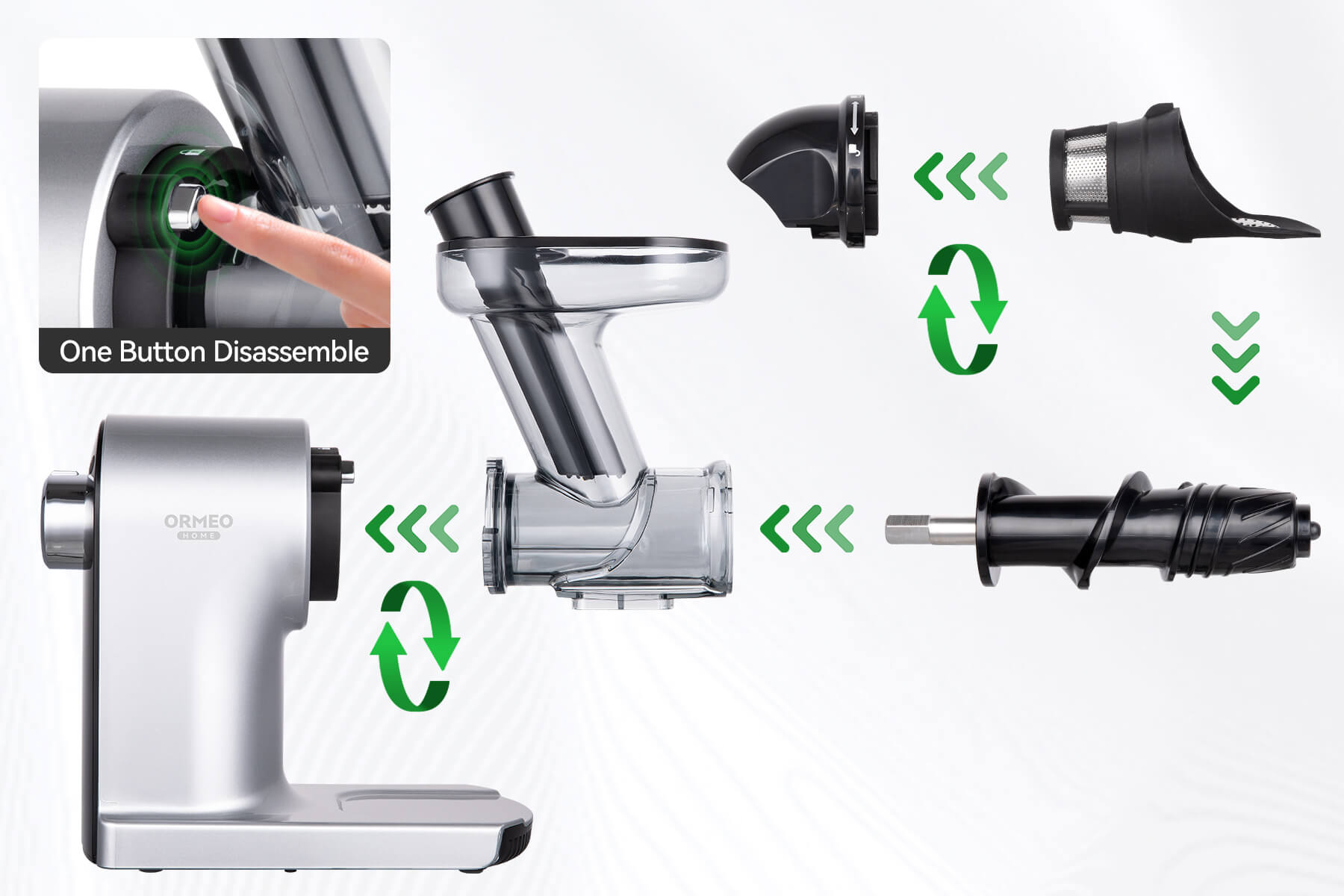

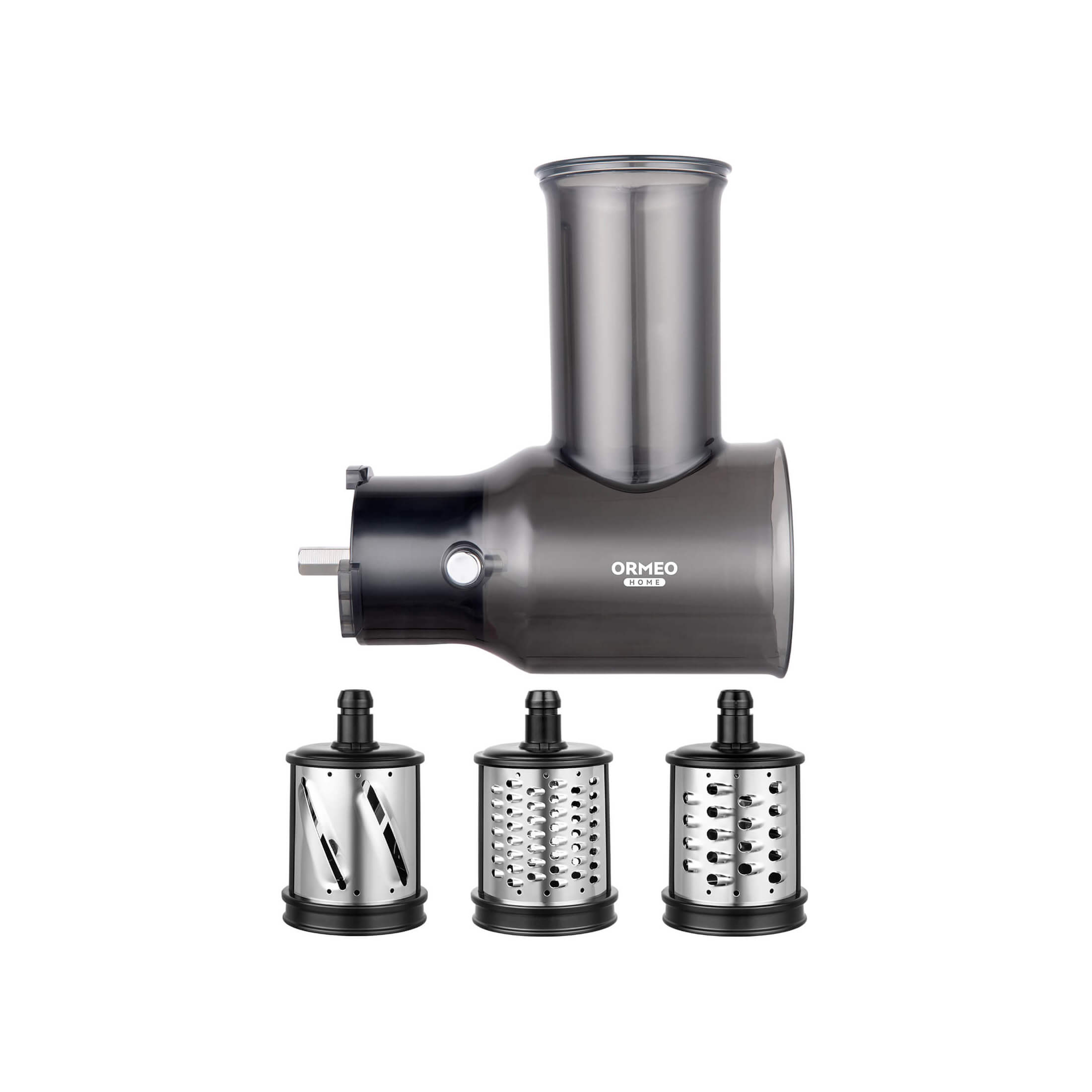

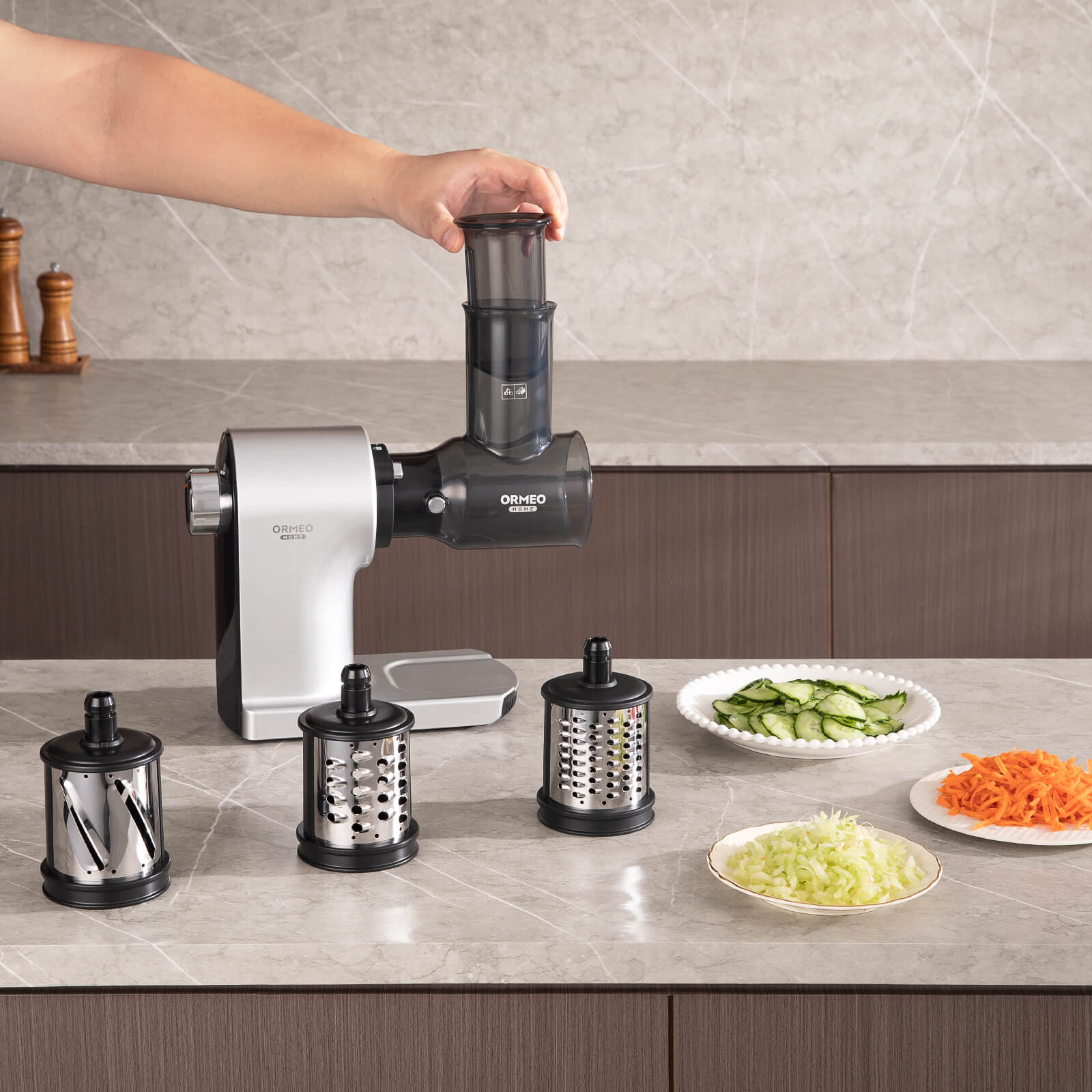
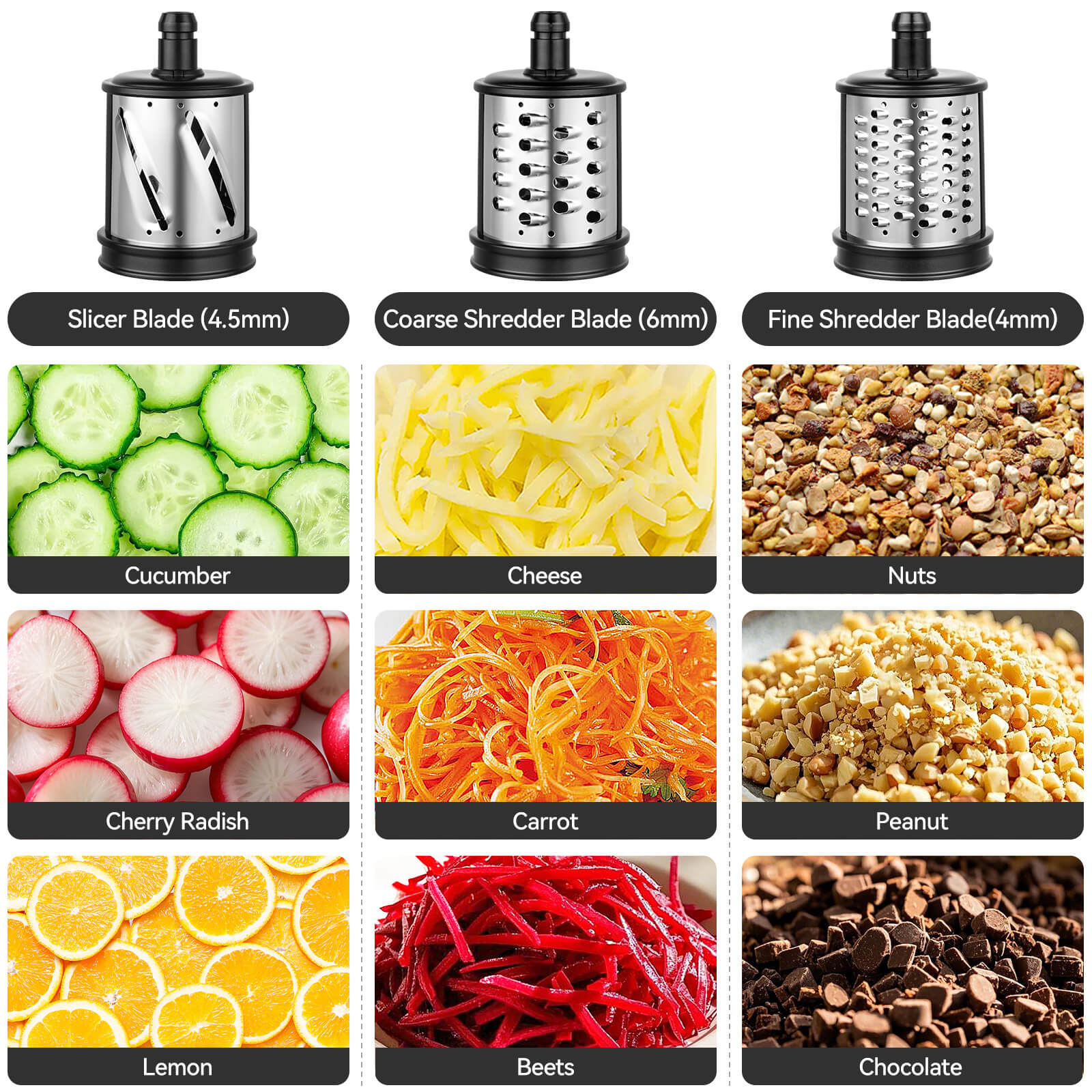
Share:
What Best Leafy Greens For Juicing? The 12 Best Vegetables to Juice For Health
How to Choose the Best Juicer for a Beginner? A Buying Guide in 2026